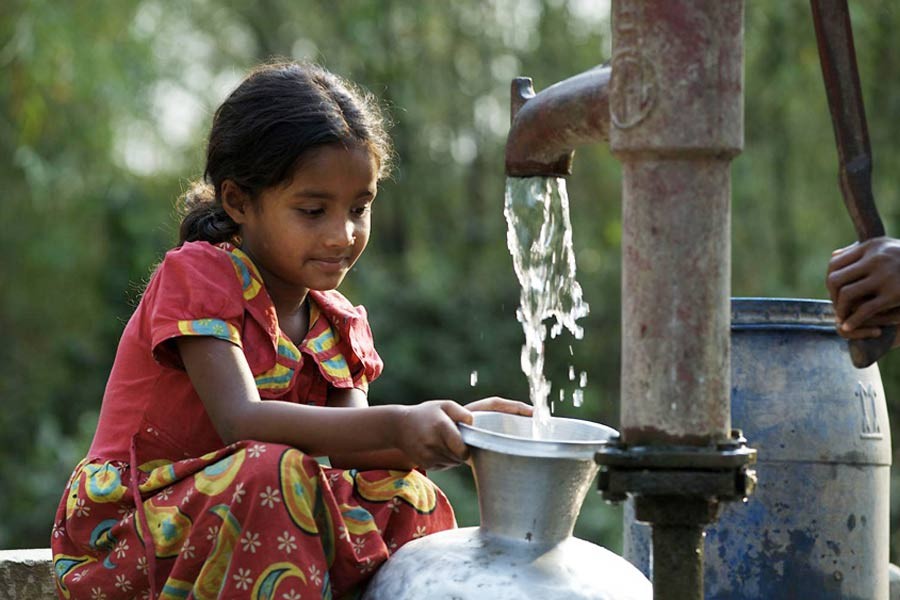The outbreak of the coronavirus disease (Covid-19) puts mounting pressure on the global community to improve understanding of the underlying factors responsible for the spread of the disease from country to country. It is worrying that over 20.0 per cent of tested samples have already been identified as positive for coronavirus and the remaining large number has not yet been tested. But these untested cases are posing a severe health risk to the community as they might be spreading the virus in the society asymptomatically. As the spread of Covid-19 in the community level has already been identified, during Eid vacation with relaxed lockdown, mass movement to village mainly from the big cities (i.e. Dhaka, Narayanganj, Chattogram etc. where Covid-19 transmission is very high) puts unprecedented pressure on peoples' mind and resources.
While I was discussing with my relatives in the villages, they are very much afraid of the present situation as people are desperately moving to the villages although the government has urged people not to move anywhere from their present stations to reduce the spread of Covid-19 at the community level.
The people who already moved to the villages, should be more careful in their daily life, and should follow World Health Organisation (WHO) guidelines to protect themselves as well as others in the family and in the community. Furthermore, as coronavirus is a contagious disease, it is very crucial that family members/neighbours follow recommended social distancing guidelines if many people use a shared facility like pond, tubewell and toilet where chances of transmission of coronavirus is high. As coronavirus remains active from five hours to seven days on different types of surfaces, although there is no evidence of its presence in treated drinking water but found in the untreated wastewater. Its existence may enhance in the untreated surface water bodies as many people use a pond for different purposes, such as bathing (if many Covid-19 patients bath in the same pond, they may contaminate the pond water through their spit or cough) and washing contaminated fruits and vegetables.
As tubewell is the primary source of water for drinking and other chores in the rural setting. This important source of water can be used for bathing as well in this pandemic situation. As many people use a tubewell, to keep it safe against Covid-19, cleaning the handle of tubewell everyday with disinfectant or soap and water would be a good practice. In order to improve safety practices against Covid-19, family members should maintain social distancing and facilitate self-quarantines. If someone's family member is infected with coronavirus and if there is a common basin for all, the basin should be kept clean as it is a major source of germs from split, cough etc.
As we have a long tradition of sharing joy or sorrows with each other in the rural-society, Ward-COVID-19 Protection and Control (WCPC) Committee consisting of ward members, community health workers from the government and representatives from local NGOs, and WatSan committee, political leaders can be established to identify people infected with Covid-19, and arrange safe quarantine and proper diagnostic services, and inform urgently to community health workers, union health and family welfare centre or upazila health complex about any complex or alarming situation. Community health workers from the government and local NGOs, who have long experience of working with community for promoting hygiene behaviour and health, can play a vital role as referral as well as sample collection point with the government and other stakeholders, could play an important part in working together with the community to protect themselves and society against Covid-19.
Dr Nepal C Dey is a Adjunct Professor of James P Grant School of Public Health of BRAC University and Managing Director of Reseach and Entrepreneurship Development (RED).
[Opinion expressed here are solely of the writer's and do not reflect the views of his school.]


